To provide the best experiences, we use technologies like cookies to store and/or access device information. Consenting to these technologies will allow us to process data such as browsing behaviour or unique IDs on this site. Not consenting or withdrawing consent, may adversely affect certain features and functions.
The technical storage or access is strictly necessary for the legitimate purpose of enabling the use of a specific service explicitly requested by the subscriber or user, or for the sole purpose of carrying out the transmission of a communication over an electronic communications network.
The technical storage or access is necessary for the legitimate purpose of storing preferences that are not requested by the subscriber or user.
The technical storage or access that is used exclusively for statistical purposes.
The technical storage or access that is used exclusively for anonymous statistical purposes. Without a subpoena, voluntary compliance on the part of your Internet Service Provider, or additional records from a third party, information stored or retrieved for this purpose alone cannot usually be used to identify you.
The technical storage or access is required to create user profiles to send advertising, or to track the user on a website or across several websites for similar marketing purposes.
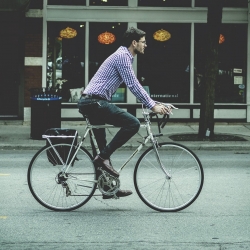 Employers should be doing more to encourage staff to start commuting into the office by bicycle, suggests research from Graham Coffey & Co.Solicitors. Ahead of Cycle to Work Day (August 5th), the law firm surveyed more than 1,500 people to better understand attitudes towards cycling safety and what can be done to make cycling a more attractive prospect for employees. (more…)
Employers should be doing more to encourage staff to start commuting into the office by bicycle, suggests research from Graham Coffey & Co.Solicitors. Ahead of Cycle to Work Day (August 5th), the law firm surveyed more than 1,500 people to better understand attitudes towards cycling safety and what can be done to make cycling a more attractive prospect for employees. (more…)






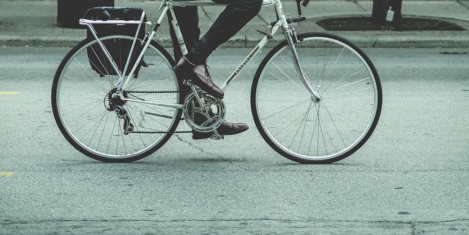

 In the past, Human Resources Information System (HRIS) software was largely created with the needs of HR professionals and system administrators in mind. The future of HRIS however, is an employee-centric system which has been come to be known as an
In the past, Human Resources Information System (HRIS) software was largely created with the needs of HR professionals and system administrators in mind. The future of HRIS however, is an employee-centric system which has been come to be known as an 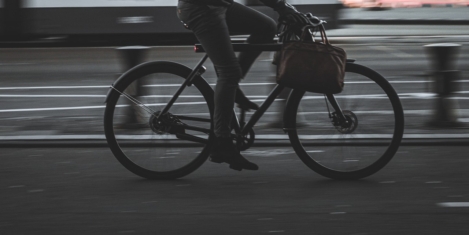
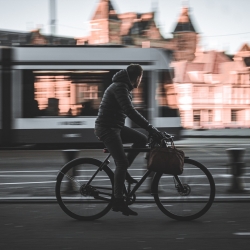 The commute as we knew it may be gone for good, claims new research conducted by
The commute as we knew it may be gone for good, claims new research conducted by 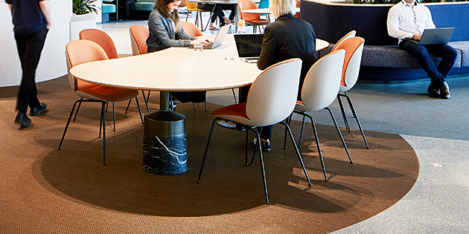
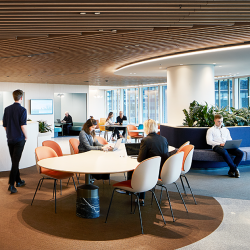 More than half (52 percent) of global companies anticipate a return to the office in earnest by the end of Q3 2021, according to new research by
More than half (52 percent) of global companies anticipate a return to the office in earnest by the end of Q3 2021, according to new research by 
 A new report from
A new report from 
 Over the past year we’ve all become accustomed to working from home and now, the number of businesses setting permanent remote working strategies is growing. Consequently, this affects HR departments and their ways of working. The office is losing its status as the daily workplace and communication between colleagues has shifted to virtual channels. In order to manage remote workers appropriately and effectively, a manager who specialises in remote work could become more and more relevant in HR departments across the world.
Over the past year we’ve all become accustomed to working from home and now, the number of businesses setting permanent remote working strategies is growing. Consequently, this affects HR departments and their ways of working. The office is losing its status as the daily workplace and communication between colleagues has shifted to virtual channels. In order to manage remote workers appropriately and effectively, a manager who specialises in remote work could become more and more relevant in HR departments across the world. 
 Research from
Research from 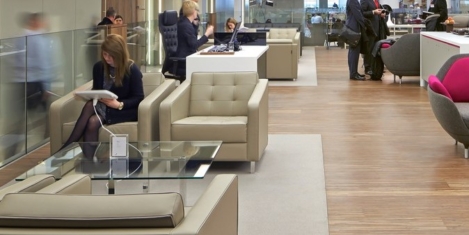
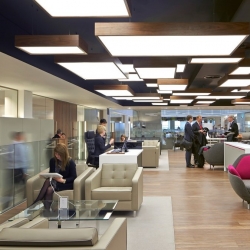 Jooxter has announced the expansion of its operations into the UK and Ireland.
Jooxter has announced the expansion of its operations into the UK and Ireland. 
 The Pensions Regulator might now have the power under current UK pensions legislation, to enter the private homes of employees when it is investigating their employer, if those employees are working from home. The current law has been in force since 2005 and it allows the
The Pensions Regulator might now have the power under current UK pensions legislation, to enter the private homes of employees when it is investigating their employer, if those employees are working from home. The current law has been in force since 2005 and it allows the 
 Has working at home during lockdown made people
Has working at home during lockdown made people 
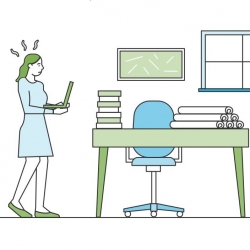 Glint’s latest insights report shows that there is a worrying increase in employees experiencing challenges with their mental health, with burnout risk trending upwards year-over-year. That spiked in late March 2020 and climbed by nearly 4 percent between August and December 2020. That’s not a big surprise, given the first challenging months of the global pandemic. Paradoxically, employees say that despite feeling burnt-out, they also feel happier at work at the end of a year of lockdown than they did at the start. Is this some sort of contradiction—or evidence of something very encouraging about the state of HR?
Glint’s latest insights report shows that there is a worrying increase in employees experiencing challenges with their mental health, with burnout risk trending upwards year-over-year. That spiked in late March 2020 and climbed by nearly 4 percent between August and December 2020. That’s not a big surprise, given the first challenging months of the global pandemic. Paradoxically, employees say that despite feeling burnt-out, they also feel happier at work at the end of a year of lockdown than they did at the start. Is this some sort of contradiction—or evidence of something very encouraging about the state of HR? 








June 14, 2021
Hybrid working will impact younger people in very specific ways
by Nick Gallimore • Comment, Flexible working, Wellbeing